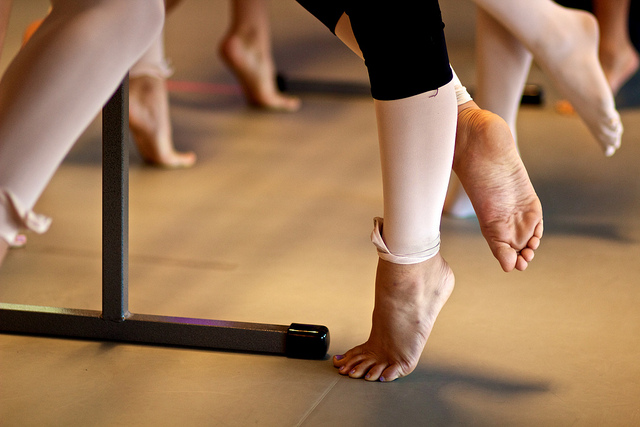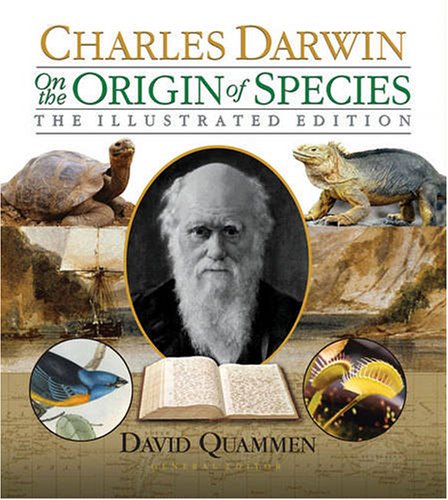“Table tennis requires unwavering concentration, mental resilience, strategic thinking, emotional control, self-confidence, and adaptability.”
—Author Unknown
Although Pickleball is all the rage these days, I have come to favor a good old-fashion game of Ping Pong for many reasons, including:
- Ping Pong is easier for beginners, as the table is much smaller and requires less movement.
- Ping Pong tables are significantly smaller (9ft x 5 ft) compared to a pickleball court (44ft x 20ft), making it more suitable for indoor spaces and home use.
- Ping Pong can be played year-round indoors regardless of the weather conditions.
- At intermediate and advanced levels, Ping Pong offers lightning-fast, close quarters gameplay with quick exchanges, which can be more exciting for those who enjoy rapid fire action.
- While still requiring good reflexes and coordination, Ping Pong is less physically demanding than pickleball, making it accessible to people of all ages and fitness levels.
EXERCISE:
Where in your life would better concentration, mental resilience, enhanced strategic thinking, improved self-control, greater self-confidence, and adaptability come in handy?
If these qualities sound good to you, why not give Ping Pong a spin?





